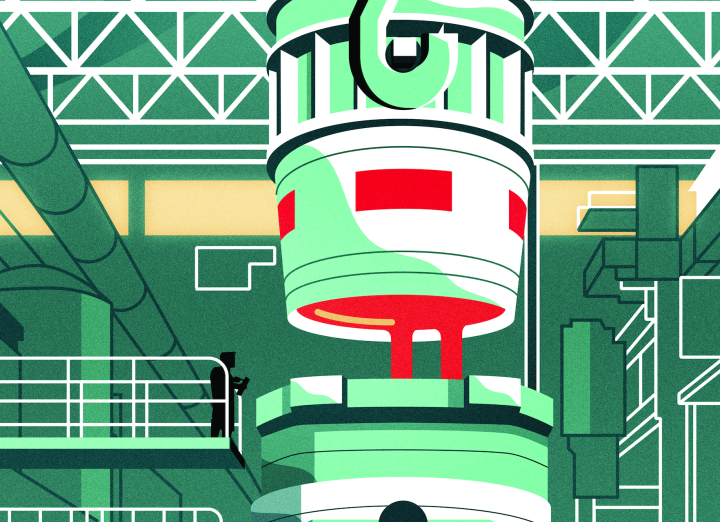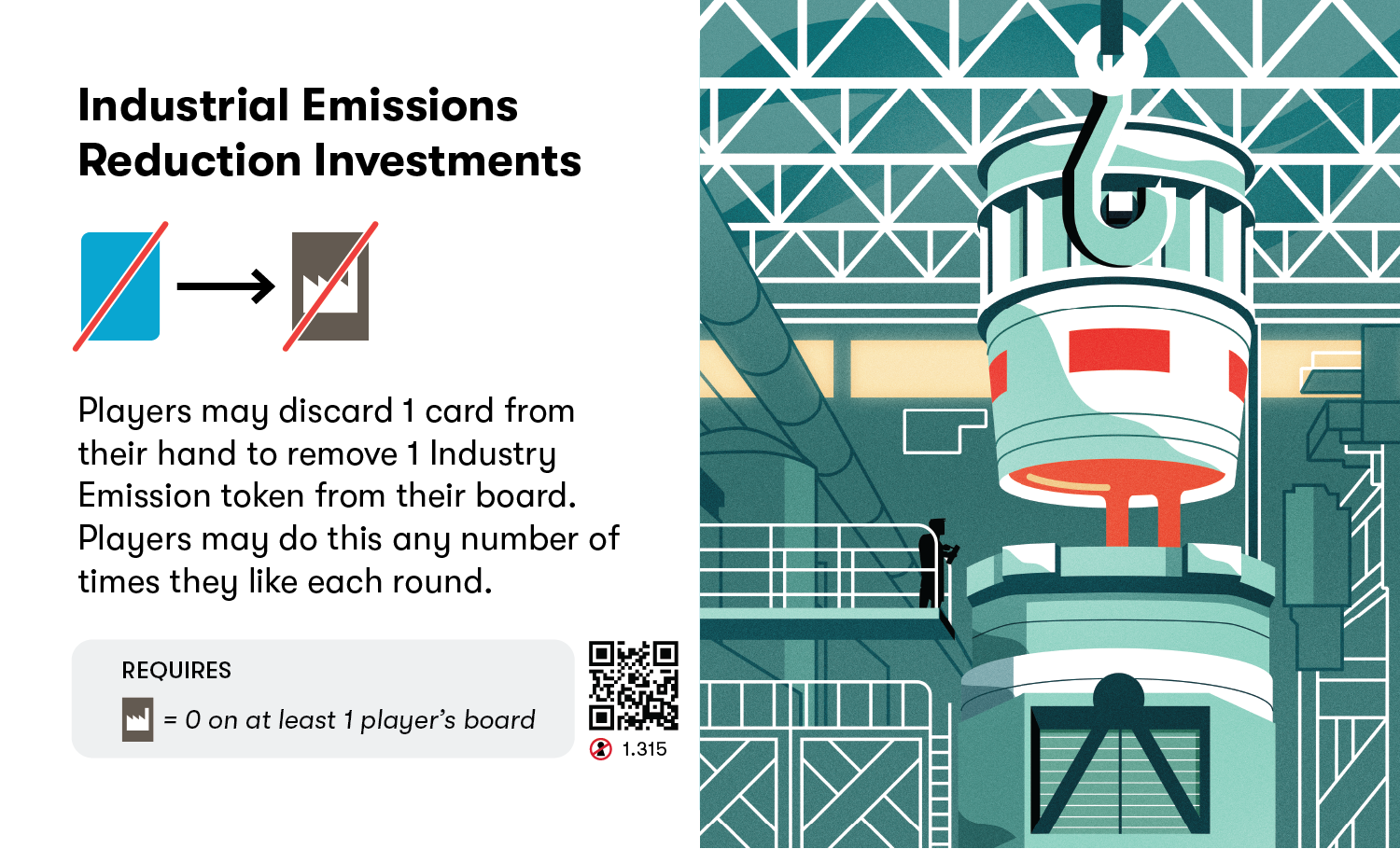Industrial Emissions Reduction Investments
Global Project
Industry, meaning manufacturing and production, supplies us with our everyday needs – from the food we eat and the buildings we live and work in, to the clothes we wear, the cars we drive, the electronics we use, and more. But, at the moment it has a significant contribution to the climate emergency.
Greenhouse gas emissions are released from producing heat and electricity at industrial facilities and processing raw materials into products like cement and steel. Methane is released during the decomposition of organic industrial waste. Many industrial processes also use (and eventually release) refrigerants that are potent greenhouse gasses in their own right.
Solutions to this problem are as diverse as the problems. Firstly, we need to take steps to consume less, and use the products we have for longer, maintaining and repairing them regularly. This reduces the amount of heavy industry we need. Recycling and material treatment processes are also being developed, fuelled by renewable electricity, to reuse materials rather than needing to extract and heavily process raw materials. Where new products are required, efforts are being made to switch manufacturing machinery to renewables and eliminate carbon-intensive materials like cement, as well as leaks and losses from processes. New refrigerants are available that don’t trap as much of the sun’s heat, reducing the risk refrigerants pose.
To activate this Global Project, at least one player must have no Industry Emission tokens left on their player board.
Once active: Players may discard 1 card from their hand to remove 1 Industry Emission token from their player board.
Players may do this any number of times they like each round.

Industry Solutions (Project Drawdown)
Greenhouse Gas Emissions (Wikipedia)
Controlling Industrial Greenhouse Gas Emissions (Center for Climate and Energy Solutions)
Only buy things you really need, and look after the things you own, repairing and maintaining them regularly.
When you do buy things, buy things that last a long time, can be repaired rather than discarded, and are made in a way that readily allows recycling.
Support “right to repair” laws that make it possible to fix rather than replace (or have to pay others to fix) items.
Ask your local council to ensure that good recycling and material reuse options are available, and to support the development of light-touch material treatment industries.